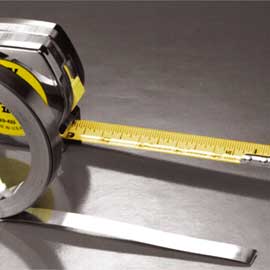
Induction Bonding
Application Notes
Induction bonding provides many advantages over other heating methods and is commonly used since it provides reliable, repeatable, non-contact and energy-efficient heat in a minimal amount of time.
Popular Bonding Application Notes

To heat a steel washer to the targeted temperature to enable adhesive curing; it will be part of an automated process for an automotive industry application

Induction heating enables rapid bonding, can easily be integrated into the client’s manufacturing process due to modest space requirements and delivers a highly repeatable process.

The goal of the process is to quickly and cleanly remove the can lid and to pour out paint to reformulate. Induction enabled rapid removal of the paint can lids.

The part was assembled with the mat in contact with the stainless steel sheet. The part was set on non-conductive material, and placed inside the coil.

A new process is proposed to cure epoxies with laminar materials within the shoe, reducing reliance on chemical processes

A three-turn pancake style coil is used to de-bond urethane from the steel disc. The part is placed onto two 0.10” (2.5mm) thick ceramic rods on top of the coil and heated for 15 seconds.

A four-turn two-position helical coil is used to debond the inserts from the plastic. The coil is placed against the manifold and power is applied to the two inserts for 15 seconds to soften the plastic.

A pancake/plate coil is used in this application. Ten assemblies are placed in the coil and power is applied for 1 second to melt the plastic to the stainless steel needle

Induction heating provides minimal, if any, damage to parts process, is more environmentally-friendly without use of noxious chemicals and delivers even distribution of heating


